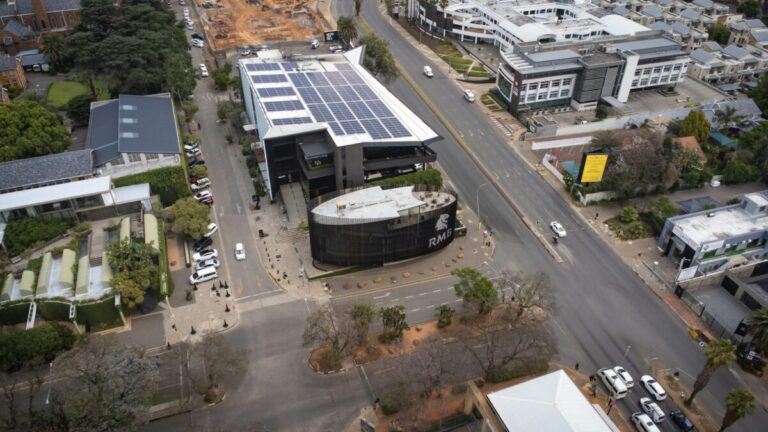An exploratory study into the barriers to residential PV installations in South Africa reveals that no studies have examined how income influences the likelihood of households adopting rooftop solar. The researchers argue that this is “a glaring omission given the debates on just transitions.”
A team of researchers has called for a collective response from government and the private sector to address the barriers to residential solar adoption in South Africa.
In “Adoption of solar PV systems on residential roofs in South Africa: an exploratory review of barriers”, which was recently published in the latest issue of Heliyon, The team analyzed the barriers to rooftop PV adoption in South Africa, which are addressed in relevant literature published since 2000.
Despite the great potential for solar technology in South Africa, uptake remains “very low”, according to the researchers, who estimate that almost 10% of households use solar energy for daily use. But solar energy is still widely seen as the solution to both the country’s heavy dependence on fossil fuels – with more than 95% of South Africa’s energy still coming from coal – and to the load shedding caused by energy shortages that are have ravaged the country in recent years.
In their review, the researchers grouped the barriers they examined into five categories: financial, personal, institutional, technical and societal barriers. Each of the five categories was found to have more negative effects on low-income households than on high-income households.
But the researchers found no research on barriers across an income gradient, which they say is “a glaring omission given the debates over just transitions.” The research shows that it is “clear” that solar energy systems are still not affordable for most households, especially as approximately 55% of people in South Africa belong to low-income households, while a further 20% belongs to the middle incomes.
The researchers concluded that, given the complexity of the barriers, “it is not responsible to expect the government to facilitate the transition to solar energy alone.” Instead, they call for a collective approach to create preconditions for the development of solar energy. “The private sector has a key role to play in supporting state-initiated programs or in creating vehicles for solar PV adoption, such as power purchase agreements,” the researchers wrote. “That said, the state remains a central player in facilitating a favorable economic and political environment to leverage the responsiveness of other actors.”
They also said that the government should invest in educating households so that they can understand the risks and benefits of PV. They asserted that a strong strategy that includes all households, including those from marginalized societies, will be crucial.
“Without an integrated approach to addressing the barriers to solar adoption, solar adoption will continue to be a source of energy for the economically privileged, and the need to transition to renewables in an equitable manner energy are a pipe dream, in a country characterized by major inequalities between households.” the researchers explained.
In 2023, South Africa’s National Treasury launched a sum of ZAR 4 billion ($216.7 million) discount program for residential PV. According to South African utility Eskom, the country exceeded the figures 4.4 GW of rooftop solar capacity last year.
In March the South African capital Cape Town has launched an online portal to simplify the solar authorization process and shorten approval wait times for rooftop installations.
This content is copyrighted and may not be reused. If you would like to collaborate with us and reuse some of our content, please contact: editors@pv-magazine.com.


